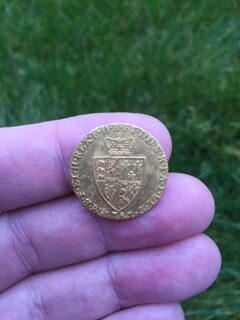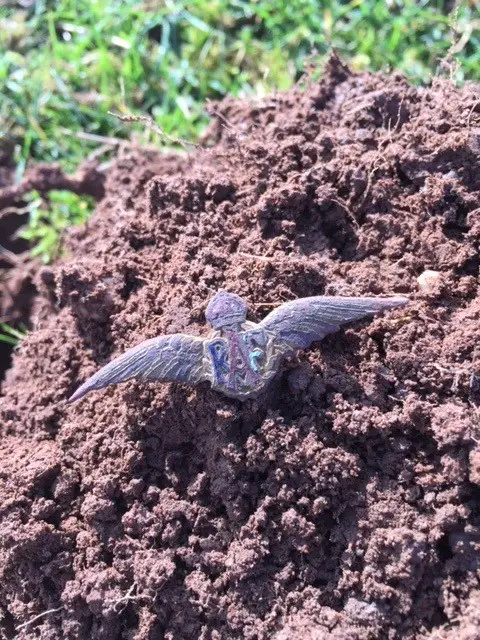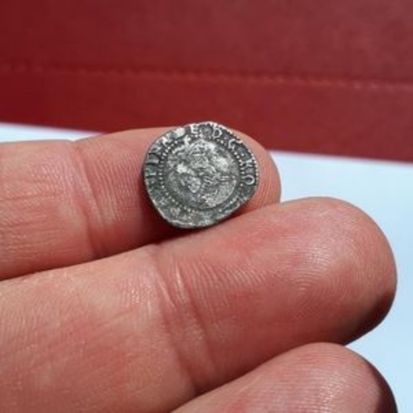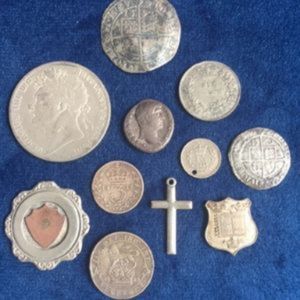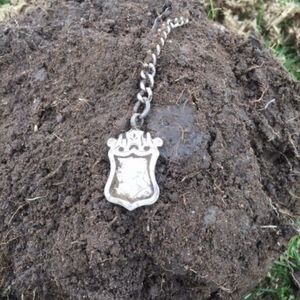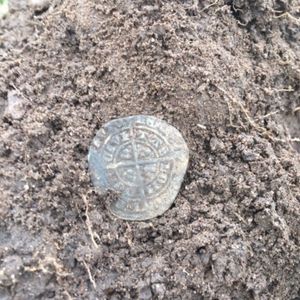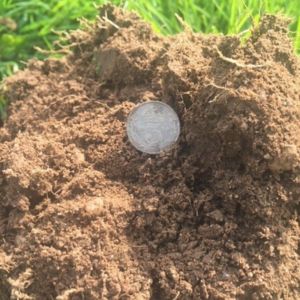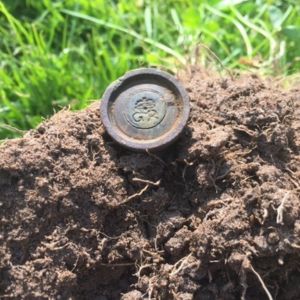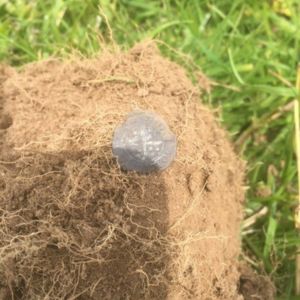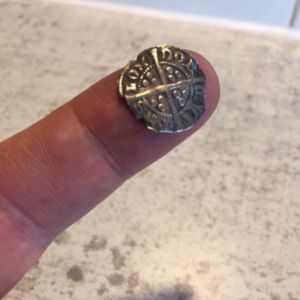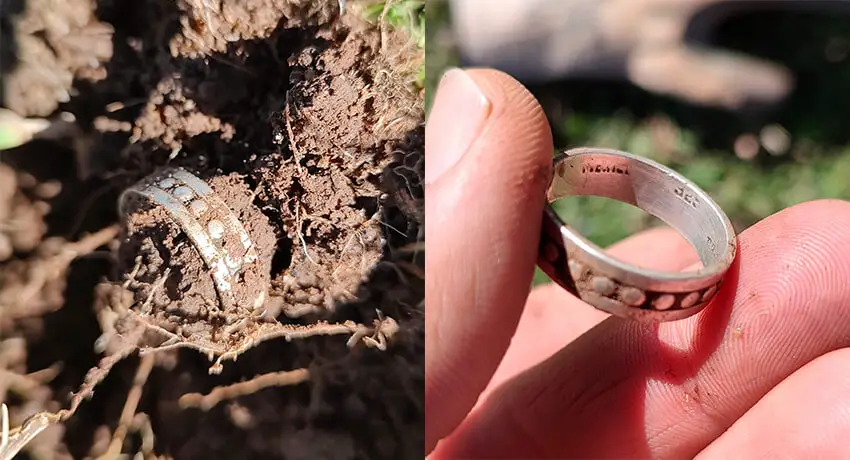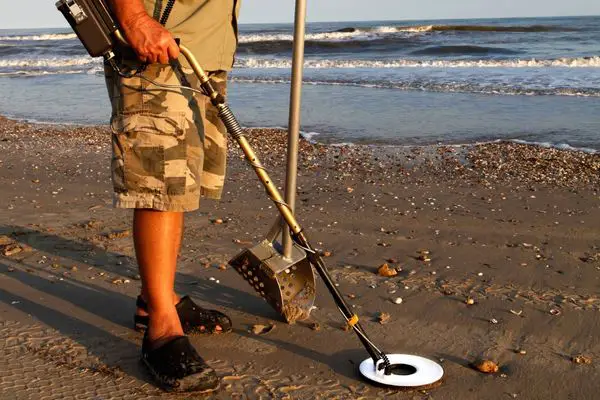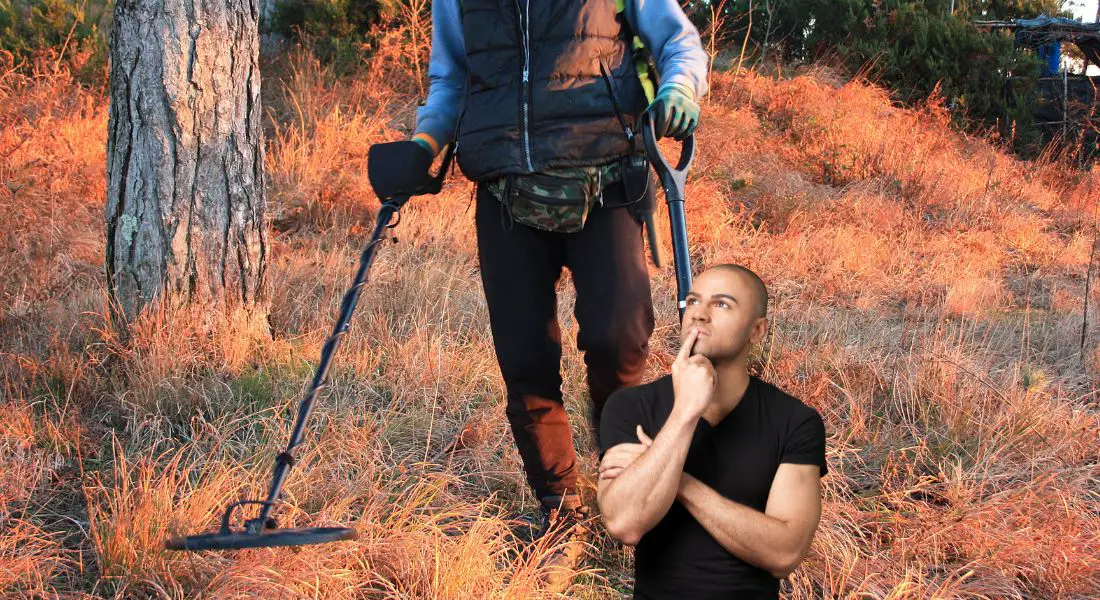Portable Antiquities Scheme database
Metal detecting is a popular hobby enjoyed by history and archaeology enthusiasts, unearthing a wealth of artifacts and historical treasures buried beneath our feet.
It’s not just about the thrill of the discovery however. Responsible metal detecting and recording of significant finds is crucial to build up our knowledge of history and potentially fill in the gaps.
By logging metal detecting finds onto an online database or through a Finds Liaison Officer (FLO) associated with a local museum, we contribute significantly to preserving our cultural heritage.
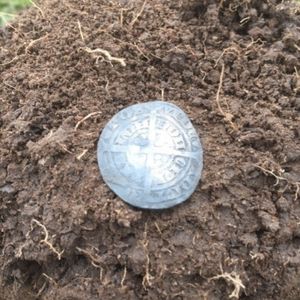
Recording finds onto a database helps with the documentation and analysis of the historical contexts of finds enabling researchers and experts to get valuable insights into the past.
Communites and societies, trade routes, and technological advancements can all be discovered from logging finds.
This process aids in the identification of previously unknown sites and can even help protect them from destruction or looting.
Moreover, collaboration with FLOs linked to museums fosters a great relationship between metal detectorists and professionals, encouraging responsible metal detecting practices and a greater appreciation for the historical significance of each discovery.
By participating in this collective effort, metal detectorists play a vital role in safeguarding our shared history for future generations.
Metal detecting finds
A typical metal detecting find could be from a wide range of artifacts or objects buried underground. These finds may include ancient coins, jewelry, buttons, buckles, weaponry, tools and other remnants from past civilizations.
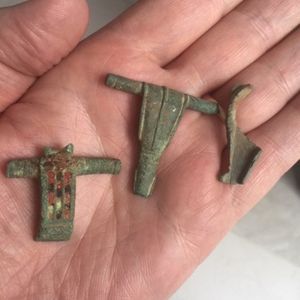
Additionally, metal detectorists might unearth relics from various historical periods, such as Roman, Viking, Saxon, medieval, and modern eras.
Read my useful article on Anglo Saxons & Viking finds here.
Every find has the potential to shed light on human history offering glimpses into forgotten cultures, trade routes, and daily life from times long gone.
Read my article on Roman coins here.
Each uncovered item is a tangible link to our past, waiting to be recorded and studied to enrich our understanding of the Britains diverse heritage.
Finds Liaison Officer
A Finds Liaison Officer (FLO) is a crucial figure within the realm of archaeology and heritage preservation. They are typically employed by museums, heritage organizations, or archaeological authorities.
Their primary role is to facilitate the recording and documentation of metal detecting finds made by metal detectorists, enthusiasts or even the general public digging their back gardens!
FLOs act as intermediaries between the metal detecting community and the professional archaeological community, encouraging responsible practices and ensuring compliance with heritage laws and regulations.
They assess, identify and catalogue discovered artifacts providing valuable expertise in dating, historical context and a finds significance.
By engaging with metal detectorists, FLOs not only safeguard our cultural heritage but also foster collaboration, enabling enthusiasts to contribute meaningfully to the collective understanding of our past.
Metal detecting finds database
Identifying a metal detecting find through a metal detecting finds database offers numerous advantages. Firstly, it enables enthusiasts to determine the historical context and significance of their discoveries.
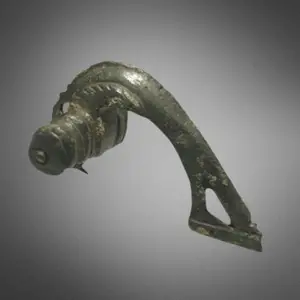
This is with the assistance of experts and FLOs. This also provides valuable insights into the potential age of the find and what its use may have been.
By eveyone contributing to a metal detecting database, enthusiasts become part of a collective effort to preserve our cultural heritage and identify each others finds.
A database fosters collaboration and knowledge sharing among hobbyists and professionals, elevating the overall understanding of historical artifacts.
Overall, using a metal detecting finds database enhances the hobbyist’s experience while contributing to the broader field of archaeology and enriching our knowledge of the past.
The two main online metal detecting finds databases are the Portable Antiquities Scheme (PAS) and the United Kingdom Detector Finds Database (UKDFD).
Portable Antiquities Scheme
PAS
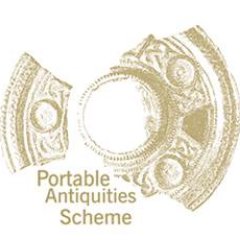
The Portable Antiquities Scheme website is a comprehensive platform managed by the British Museum and partners in the United Kingdom.
It serves as a repository for recording and sharing metal detecting finds and other archaeological discoveries made by the public.
The website encourages responsible reporting, fosters collaboration between enthusiasts and professionals, and contributes to preserving the nation’s cultural heritage.
UK Detector Finds Database
UKDFD

The UK Detector Finds Database website is a user friendly platform dedicated to recording metal detecting finds across the United Kingdom.
Managed by the Portable Antiquities Scheme, the website allows hobbyists to log their discoveries, providing crucial data for archaeologists and researchers.
This collaborative effort helps preserve and understand the historical context of artifacts, enriching our knowledge of the country’s past.
Final thoughts
Recording metal detecting finds with either the Portable Antiquities Scheme or the UK Detector Finds Database is of paramount importance for preserving our shared cultural heritage.
These platforms offer a repository, facilitating responsible reporting and collaboration between hobbyists and professionals.
By logging discoveries, enthusiasts contribute essential data for researchers, enabling a deeper understanding of historical contexts and civilizations.
Embracing these databases not only enhances the metal detecting experience but also fosters a sense of stewardship, as each find becomes a valuable piece in unraveling the fascinating tapestry of human history.



